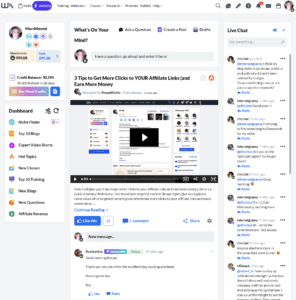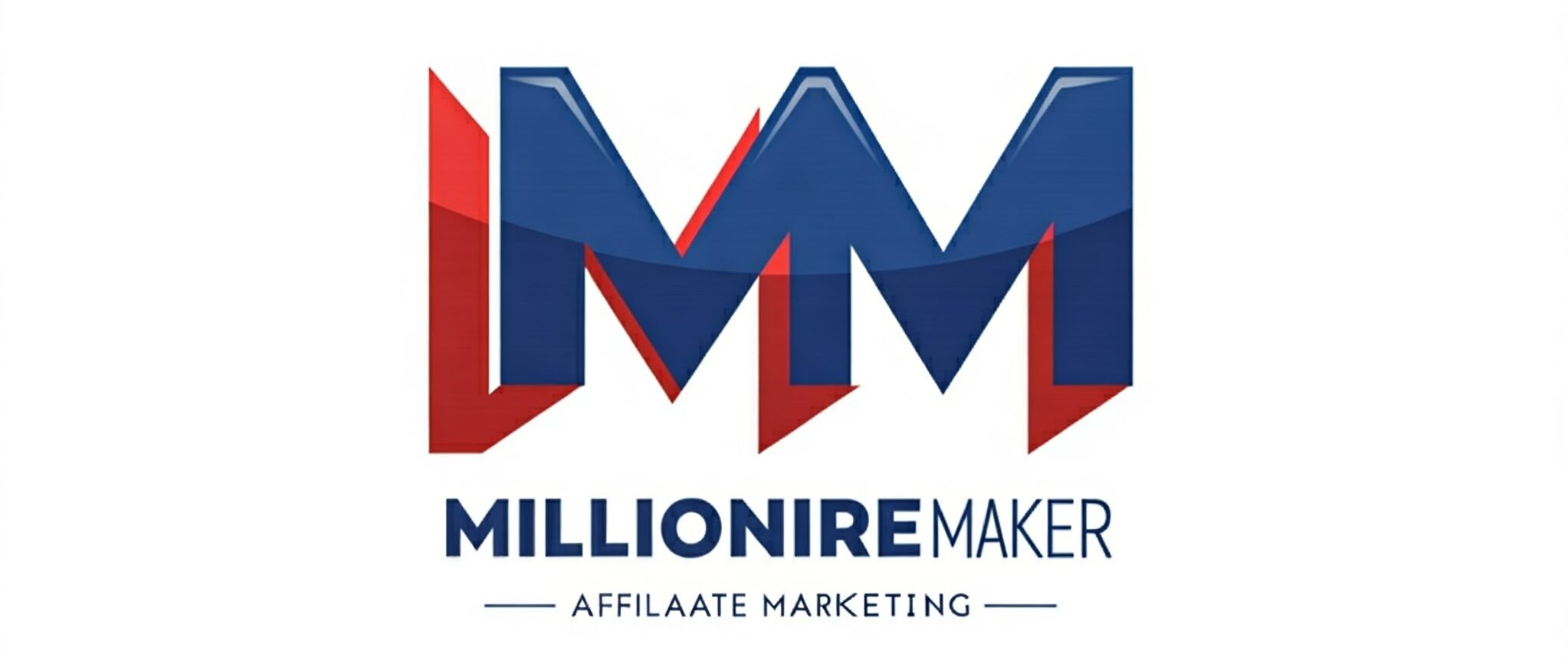
Affiliate marketing might sound like a mystery to some, but it’s really just a kind of partnership between brands, or merchants, and people like you and me, who promote their products or services online. The basic idea is pretty simple: you get a small cut, called a commission, whenever someone takes a specific action, usually making a purchase, because of your promotion.
This marketing style connects brands with a wide array of promoters who use their platforms, whether a blog, Instagram, YouTube, or any other social media outlet, to talk up products they truly love. It’s like digital word-of-mouth on steroids. With more and more folks online, brands need a way to stand out, and affiliate marketing provides that extra boost.
The history of affiliate marketing is a tale of the web’s evolution. It saw its golden age start back in the ’90s, thanks to the booming e-commerce scene. As tech got better, so did the ways brands could track and reward these digital hustlers. Amazon was one of the first to hop on board with their own affiliate program, which gave legitimacy to this style of marketing as it spread like wildfire.
At the heart of it all, affiliate marketing is about building networks of trust and enthusiasm. Whether you’re a newbie looking to earn some side cash or a brand aiming to expand your reach, understanding these core principles helps everyone from consumers to marketers make better, more informed decisions.
Key Components of Affiliate Marketing Programs

Every affiliate marketing program is a collaborative effort, and understanding the key players involved is crucial. I am affiliated with an affiliate marketing program
Merchants or brands are on one side. They’re the ones offering products or services and are looking for more eyeballs on their stuff. On the flip side, you’ve got affiliates, who are like media magnets attracting those eyeballs through their blogs, social media, or other online channels. And then, of course, there’s the consumer, who’s clicking, buying, or signing up.
The behind-the-scenes tech, often called tracking systems or affiliate links, keeps everything moving smoothly. These little nuggets of code make sure the right affiliate gets credited for their referrals. They’re like digital breadcrumbs leading back to who did the promoting.
Then there’s the money. The types of commissions paid out vary depending on the program. Some programs pay per click (CPC), others per acquisition (CPA), and some pay a percentage of sales (CPS). Picking the right one depends on your goals and motivation. Want a quick buck? CPC might be your jam. Looking to build more partnerships with high stakes? CPS could be more exciting.
Affiliate networks and platforms serve as the marketplace or meeting spot for merchants and affiliates. Think of them like matchmakers. While jumping in with a direct affiliate program with specific brands might seem enticing, working with networks can offer a buffet of opportunities, perfect for those who like a little variety in their affiliate life.
Benefits and Challenges of Affiliate Marketing Programs

Affiliate marketing is a win-win when done right. For merchants, it’s a super cost-effective way to advertise. They only pay for actual performance, like sales or leads. There’s no need to shell out big bucks on ads with questionable returns. This method can drastically widen their reach, tapping into audiences they might have never accessed otherwise.
Affiliates, too, have plenty to gain. The gig offers the allure of passive income. Once your promotions are set up and running, they can continue to generate income with little ongoing effort from you. Plus, there’s the bonus of working on your schedule, promoting products you genuinely dig.
But, hey, it’s not all sunshine and rainbows. Affiliates sometimes struggle with building trust among their audience. You’ve gotta pick products that align well with your content and audience, or it might feel spammy or desperate. The competition can be fierce, and without a unique touch, an affiliate might fade into the ether amongst a sea of similar voices.
Brands might face their own hurdles. Finding the right affiliates who understand their ethos and maintain standards can be tricky. Then there’s the hassle of ensuring payouts are accurate and tracking partners’ effectiveness. Staying on top of these details takes effort, but it’s necessary for a thriving affiliate program.
Real-life examples add fuel to the argument for affiliate marketing. Companies, big and small, benefit when these partnerships are executed smartly. Stories from seasoned success stories reveal how focusing on high-quality content and worthy products makes the biggest splash.
Starting with Affiliate Marketing: A Step-by-Step Guide
Getting into affiliate marketing is like setting up your own side project, and picking a niche is your first big move. Think about what you’re passionate about or what you explain best. Are you into gaming, fashion, tech gadgets? Your chosen subject should resonate with your audience and excite you enough to keep you engaged.
Choosing the best affiliate programs means checking out what aligns with your niche and goals. Look for programs offering competitive commissions and quality products that are already popular among your audience. Spending some time researching different programs can pay off in the long run.
Marketing techniques matter a lot here. Using social media efficiently or crafting engaging blog content will help your promotions stand out. Building a genuine relationship with your audience is key. Be honest about the products and services you promote, and provide real value in your content.
There are also some legal and ethical considerations to keep in mind. You need to disclose your affiliate links to your audience – transparency builds trust and keeps you within guidelines. Each country may have specific legal requirements you need to meet, so think about that when setting up shop.
Embarking on this journey with an ethical mindset and a clear strategy can make your affiliate marketing efforts fruitful. As you grow, you might tweak your approach, learn from data and feedback, and even expand your partner network. That’s the beauty of this flexible, dynamic way of earning.

Hey Marc,
When exploring affiliate marketing programs, one key factor is understanding which types offer the best long-term earning potential. Are high-ticket programs more sustainable than recurring commission models, or does it depend on niche and audience engagement?
Additionally, how do beginners determine which programs align best with their content and marketing strategy? With so many options available, what criteria should one prioritize when selecting an affiliate program to maximize results?
It depends on the person and their preferences and experience. Affiliate marketing is easy for those who are really interested in it.